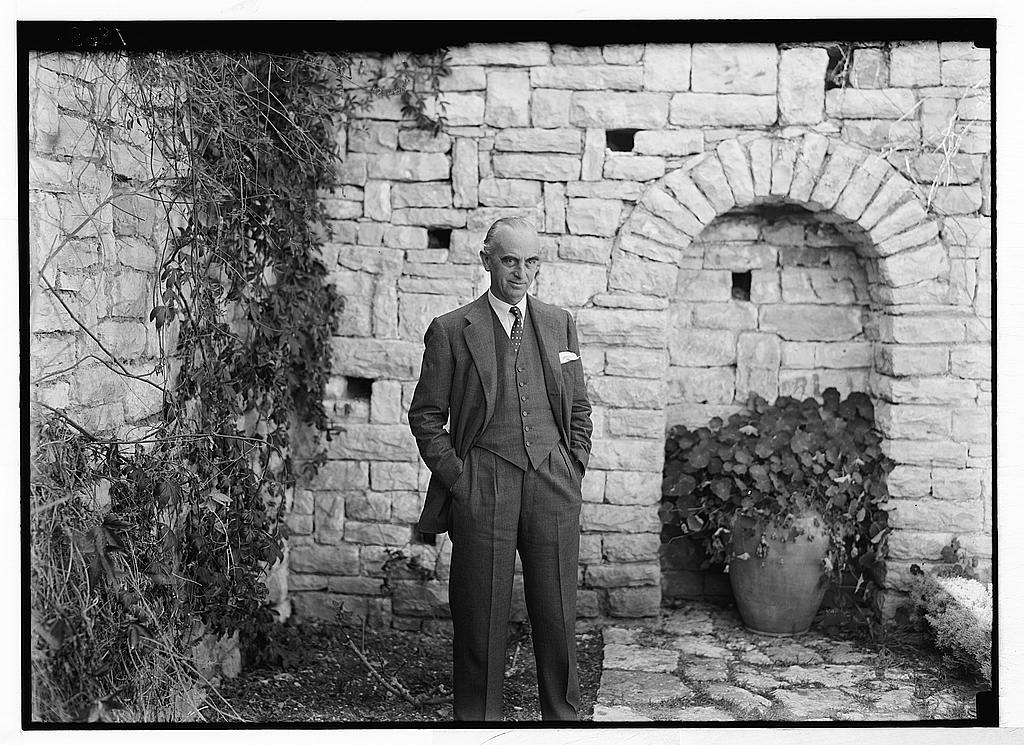August 30, 1944
Scarred by attempts on his life and fearing for the safety of his family, Harold MacMichael resigns as the fifth British high commissioner for Palestine after the latest assassination attempt injures his wife. He is replaced by John Verker.
MacMichael arrived in Palestine amid much fanfare in March 1938, but his term as high commissioner was punctuated by a shift in British policy from supporting Zionist aspirations to blocking them. As part of that shift, MacMichael oversaw the implementation of the 1939 White Paper, which greatly restricted Jewish immigration and land purchases.
In 1942, MacMichael refused to allow the nearly 800 refugees aboard the SS Struma entry into the Land of Israel. When the ship sank in the Black Sea, presumably by a Russian submarine attack, MacMichael was held responsible for the nearly 800 deaths by many in the Jewish community. After the Struma, he faced several attempts on his life by members of Lochamei Herut Yisrael (“the Warriors for the Freedom of Israel,” known as Lehi or the Stern Gang).
In March 1943, MacMichael delivered a radio address that outlined his plans for the future economic development of Palestine. The address only exacerbated the anger of Jewish leaders in the Yishuv. MacMichael emphasized the needs of the Arab population and focused in particular on increasing and improving Arab employment opportunities. In 1944 he privately told his Colonial Office peers that the only solution to the conflict in Palestine would be found through the establishment of an Arab and Jewish state.









